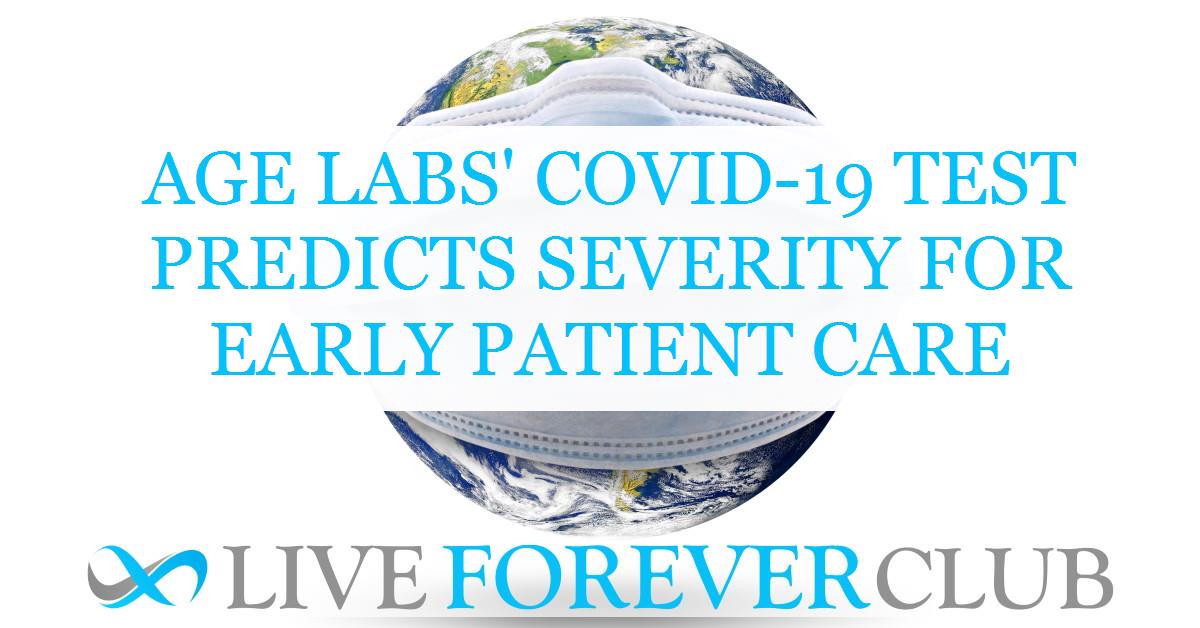Key points from article :
Age Labs has developed a COVID-19 Severity Test (CST) to identify patients at high risk of severe outcomes shortly after initial symptoms appear, typically within 1-4 days. This blood-based test uses a machine-learning algorithm that detects specific immune patterns to classify patients into mild, moderate, or severe risk categories. Early identification of severe cases allows doctors to monitor and manage patients closely, improving outcomes. A Norwegian multicenter study involving 371 patients demonstrated the CST's effectiveness, showing that patients categorized as high-risk had a 10-fold increase in mortality and were more likely to require ICU admission and face long-term COVID-19 complications.
Currently, the CST is undergoing final validation at Fürst Medical Laboratory in Norway, the country’s largest commercial lab. A PCR-compatible version of the test has been developed, which can provide results in under 8 hours with only a small blood sample (0.2 mL). The CST aims to enhance clinical decision-making, helping healthcare providers combine CST results with other health indicators to assess COVID-19 severity and guide appropriate interventions. Once the validation process concludes, the test will undergo pilot trials in hospital settings.
Age Labs developed this test using its proprietary biomarker discovery platform, EPIPHANY, which utilizes data from over 40,000 epigenetic profiles, providing a robust foundation for identifying biomarkers tied to disease severity. CST emerged as part of the PREDCOV project, a collaborative research initiative that includes Bærum Sykehus, Oslo University Hospital, and the Norwegian Institute of Public Health, with partial funding from the Norwegian Research Council. Age Labs, supported by investors like Skyfall Ventures, focuses on developing early diagnostic tools for age-related diseases. The company’s pipeline includes tests for early detection of rheumatoid arthritis, biological age prediction, and other age-associated conditions, working closely with partners like Merck Group and Oslo University Hospital to expand diagnostic capabilities.





